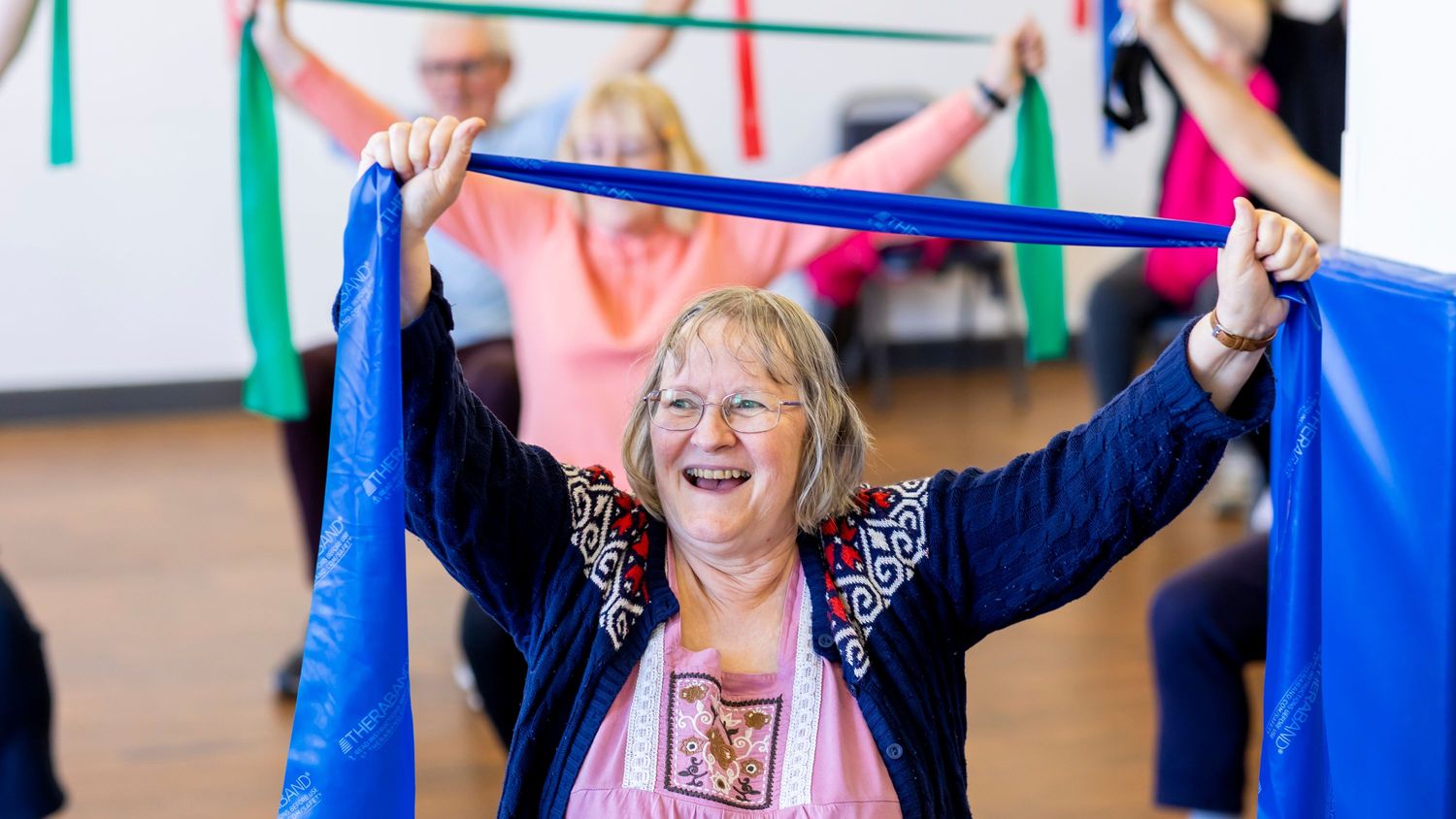Feel free get in touch with us via email or social media.
© UEA. All rights reserved. University of East Anglia, Norwich Research Park, Norwich, Norfolk, NR4 7TJ, UK
Research Groups
Changing Behaviour and Implementing Best Practice

This group addresses two problems which affect population health and well-being:
- Behavioural risk factors such as smoking, physical inactivity, poor diet and excessive alcohol consumption. Together these contribute to around one-third of the total burden of disease in the UK, and they have been affected by the COVID-19 pandemic response.
- The failure to implement evidence-based interventions into (clinical) practice and policy. Only half of evidence-based interventions and practices become routinely implemented into healthcare settings.
Addressing these problems requires behaviour change in the public, patients, professionals and organisations in the NHS, public health and social care.

- Development and evaluation of scalable behaviour change interventions, in particular digital interventions (apps, SMS) and very brief opportunistic consultations. Key target behaviours include the promotion of physical activity, smoking cessation and healthy eating, and reduction of harmful drinking.
- Development and evaluation of implementation strategies, especially digital technology, to promote the use of evidence-based practices by professionals and organisations in the NHS, public health and social care.
- Enabling the NHS, public health and social care workforce and anyone involved in supporting behaviour change to deliver or signpost people to evidence-based behaviour change support, through training and evidence-based resources.
Access to Results investigated the acceptability of providing patients with immediate access to their test results through a hospital patient portal.
Through a cross-sectional survey and qualitative interviews, the project aimed to understand patient perspectives, identify barriers and enablers, and if found to be acceptable, create a plan for effectively rolling out immediate test result access.
This initiative seeks to enhance patient engagement and streamline healthcare delivery by exploring acceptance of this digital approach.
The CHarMINg project co-produced interventions supporting multiple behaviour change within socially deprived communities.
Led by Prof Wendy Hardeman, the project was focused on the ‘big four’ behaviours: unhealthy diets, smoking, physical inactivity, and excessive alcohol consumption.
Wendy and her team worked closely with people from local communities to hear, in their own words, about their own experiences and how best to approach multiple behaviour change.
The outputs from the study are now available, please feel free to share these briefing documents with others:
Help in COVID Study
Understanding help-seeking for acute or new potentially serious symptoms during COVID-19
Background
During the national COVID-19 lockdowns in England, people have been asked to stay at home, with rapid changes in healthcare access. A&E departments and GP surgeries have seen significantly fewer people, leading to concerns that people are not seeking help when needed. Late diagnoses of serious conditions, like heart attacks, may harm people’s health and well-being. Nationally, in addition to deaths from COVID-19, there are also extra deaths not due to COVID-19.
The study
The choices people make about seeking help for new, urgent health problems during COVID-19 are not easy. We need a good understanding of this so we can better support people who seek needed help during a pandemic. We are inviting adults who have sought help for a new, serious symptom or were diagnosed with a serious condition during COVID-19 to take part in the study. People will be invited to have telephone/online (e.g. Zoom) conversations with a researcher to discuss their experiences. People can include a carer in the conversation if they wish.
Our results will contribute to improving healthcare in pandemics and may contribute to developing a bigger study.
This study was run by a team of researchers at UEA and is funded by UEAHSCP.
Results
The findings have now been published in the British Journal of Health Psychology and are available to read for free (open access), by clicking on the link below.
The OptiMine study was run collaboratively between UEA and West Suffolk NHS Foundation Trust (WSFT) in 2019/20.
The study investigated the feasibility of using an acute hospital’s electronic health record to identify people with lifestyle behaviours which put them at risk of cancer – in this case smoking and drinking alcohol – and to proactively promote publicly available digital interventions to them via electronic outreach.
The protocol paper was published in December 2020 and the results paper is currently in preparation.
During COVID-19 the UK general population has been given strong messages to stay at home. Concurrently unprecedented changes occurred in healthcare access with moves to remote/triage systems.
Data have shown that the number of people accessing healthcare services decreased and there are significant concerns that the pandemic has negatively affected help-seeking for serious conditions, with potentially increased morbidity and mortality.
An understanding of help-seeking is urgently needed to inform public campaigns. We aimed to develop an in-depth, theory-based understanding of how, when and why people sought help for potentially serious symptoms (e.g., related to major cardiovascular events or cancer diagnoses) during the pandemic, and what influenced their decisions.
Older people are the highest users of health services but are less likely to use a patient portal than younger people.
This scoping review aimed to identify and synthesize the literature on contextual factors that impact the implementation of patient portals in acute care hospitals and among older people.
A scoping review was conducted according to the PRISMA-ScR (Preferred Reporting Items for Systematic Reviews and Meta-Analyses Extension for Scoping Reviews) guidelines. The following databases were searched from 2010 to June 2020: MEDLINE and Embase via the Ovid platform, CINAHL and PsycINFO via the EBSCO platform, and the Cochrane Library. Eligible reviews were published in English; focused on the implementation of tethered patient portals; included patients, health care professionals, managers, and budget holders; and aimed at identifying the contextual factors (ie, barriers and facilitators) that impact the implementation of patient portals. Review titles and abstracts and full-text publications were screened in duplicate. The study characteristics were charted by one author and checked for accuracy by a second author. The NASSS (Non-adoption, Abandonment, Scale-up, Spread, and Sustainability) framework was used to synthesize the findings.
Stay up to date
Subscribe to our newsletter to receive news on the latest updates and projects in health and social care research.




